The Top 9 Symptoms of Aging What to Expect Limitless Male

Aging is a given. But aging gracefully, sadly, is not. In our most
Norton Orthopedic Institute. Leading-edge procedures like robotic-assisted knee replacement surgery are a reason more patients in Louisville and Southern Indiana choose Norton Orthopedic Institute than any other provider for joint replacements. Call (502) 559-5500. It may sound like a tree's worth of snapping twigs when you move, but these.
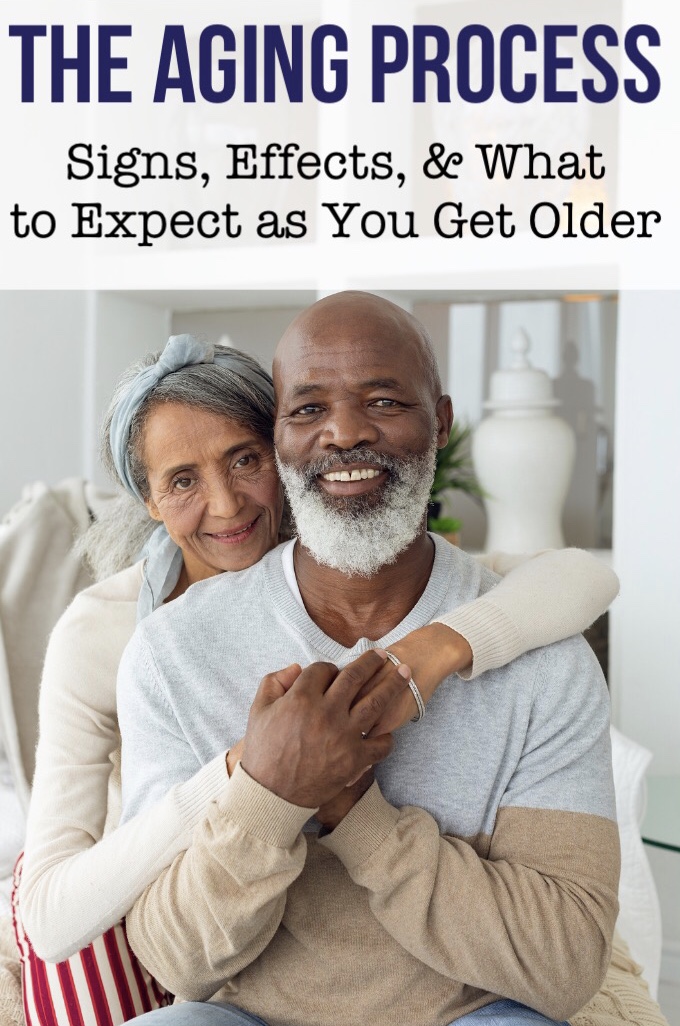
The Aging Process Signs, Effects, and What to Expect
The Effects of Aging. Knowing what to expect as you grow older can help you develop a more positive perspective. After all, you're not just a passive participant in your own aging process. By understanding the physiological and psychological changes of aging, you can play a more active role in protecting your well-being..
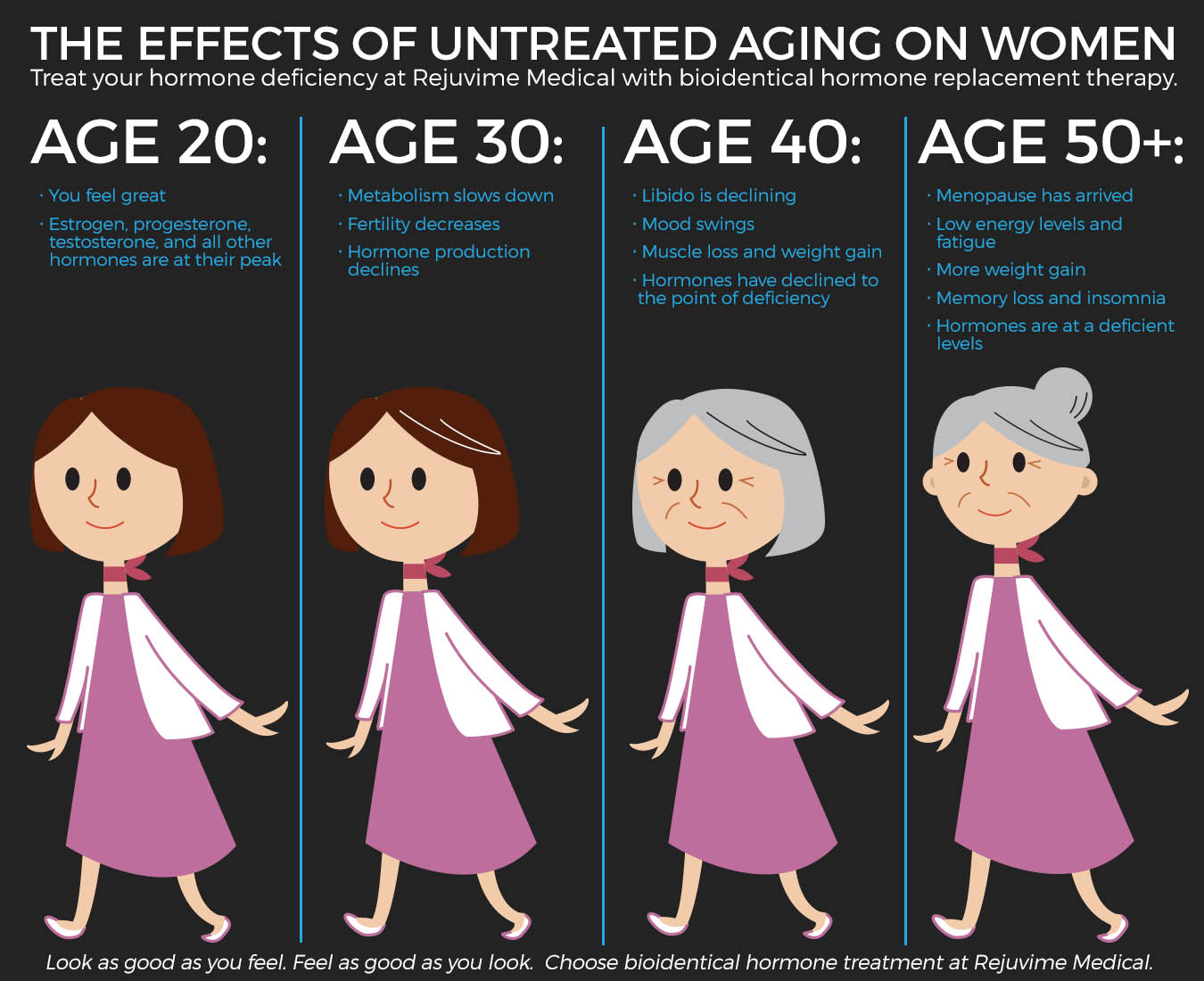
Bioidentical Hormones Baton Rouge Signs of Untreated Aging in Women
Hearing Loss. About a third of people who are 60 or older have some hearing loss. This condition, known as presbycusis, may be due to the loss of sensory receptors in the inner ear. At first, some.
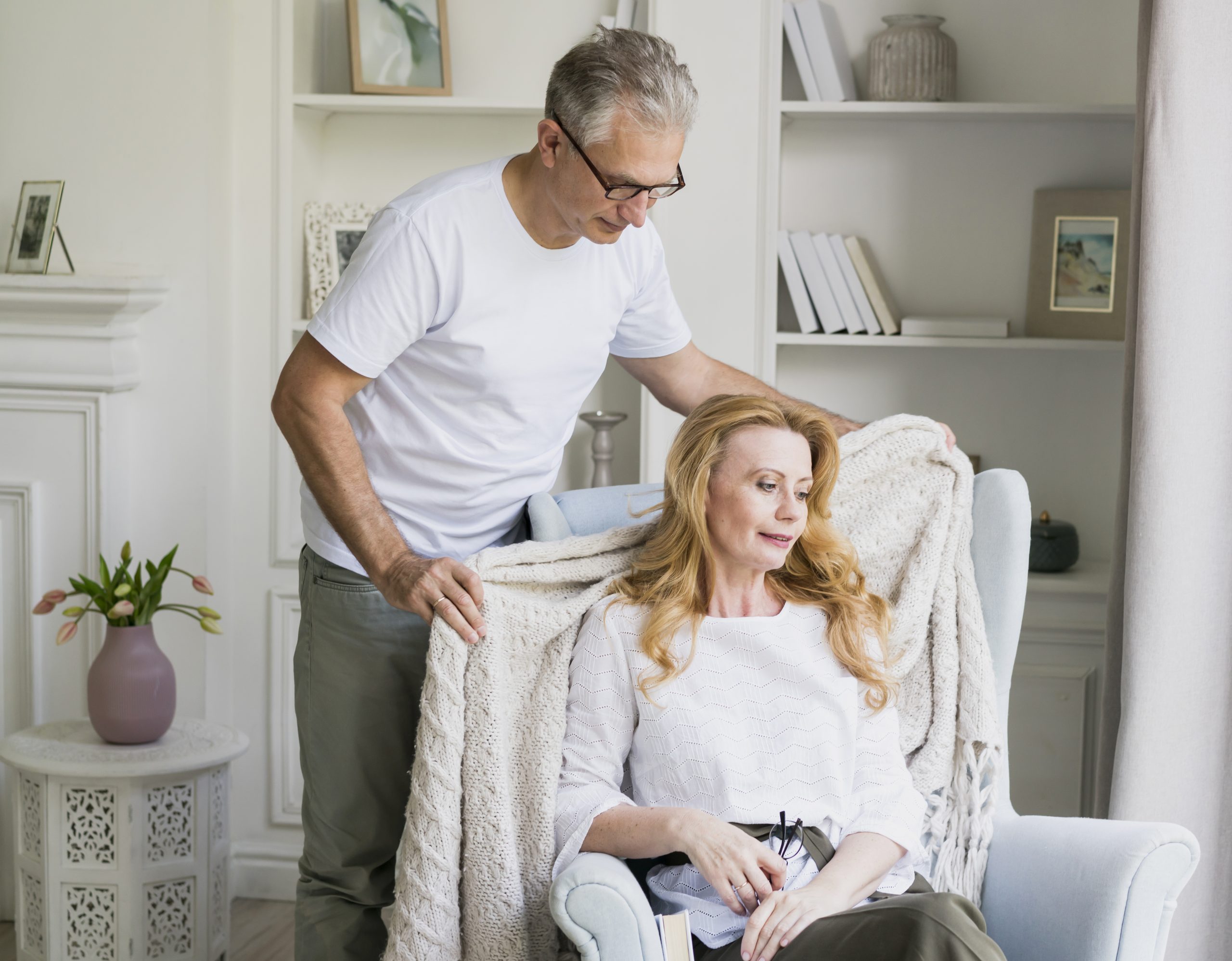
Aging What to expect Home Health Centric Healthcare Rochester
Taking care of your physical, mental, and cognitive health is important for healthy aging. Even making small changes in your daily life can help you live longer and better. In general, you can support your physical health by staying active, eating and sleeping well, and going to the doctor regularly.
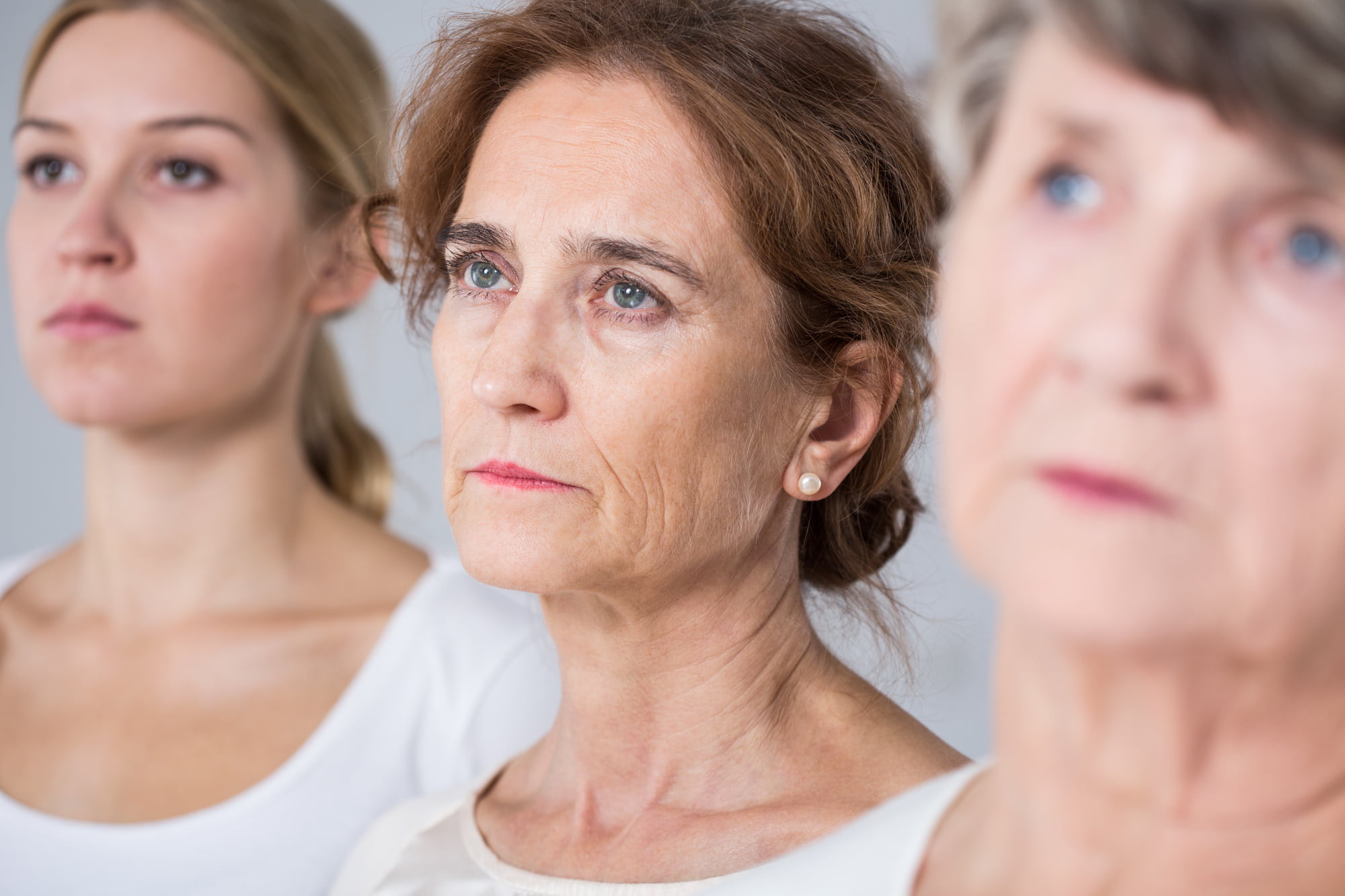
Understanding What the Aging Process Actually Looks Like in Practice
6 /14. About 1 in 4 women -- and some men, too -- over 65 have osteoporosis, a bone-thinning disease. Your muscles get weaker, and the tendons -- which connect muscles to your skeleton -- get.

Aging What to expect Home Health Centric Healthcare Rochester
Wrinkles are a natural part of aging that can be caused by several factors. Some common factors can include stress and sun exposure — both of which break down the elastin fibers and collagen in skin. Exposure to air pollutants and tobacco smoke also can play a significant role. As you age, skin becomes less elastic, and the natural oil.

Positive Aging Why It Matters and Where to Start — Connecticut Estate
Middle age is a tipping point for the brain and can offer clues about the risk of cognitive decline and dementia, emerging scientific evidence shows.. Why it matters: The decades between 40 and 60 years old could be a key time for early interventions and provide a knowledge base for new therapies to prevent disease. "The fifth and sixth decades of human life are emerging as being more than a.

What to Expect in Your 60s 10 Things You Might Want to Know About Aging
Normal Aging. As your body ages, you can expect gradual changes. This happens at a little different pace for everyone. Many factors can affect how your body ages. These include your lifestyle, relationships, access to health care, income, and race. How you age also depends in part on your family (genetic) patterns of aging.

Aging At Every Age What To Expect And How To Deal Ciin Magazine
Cataracts. Cataracts, or blurry spots in your eye lens, are common as you age. More than half of all adults in the United States over age 80 have had them. Symptoms of cataracts are light.

Skin Aging The Changes to Expect at Each Decade Introlift Medical Spa
Maintain a regular sleep routine. Avoid daytime naps. Don't stay in bed awake for more than five to 10 minutes. Don't watch TV, use the computer, or read in bed. Drink caffeinated drinks like coffee, tea, and colas with caution. Have a quiet, comfortable, and dark bedroom. Consistency is key.
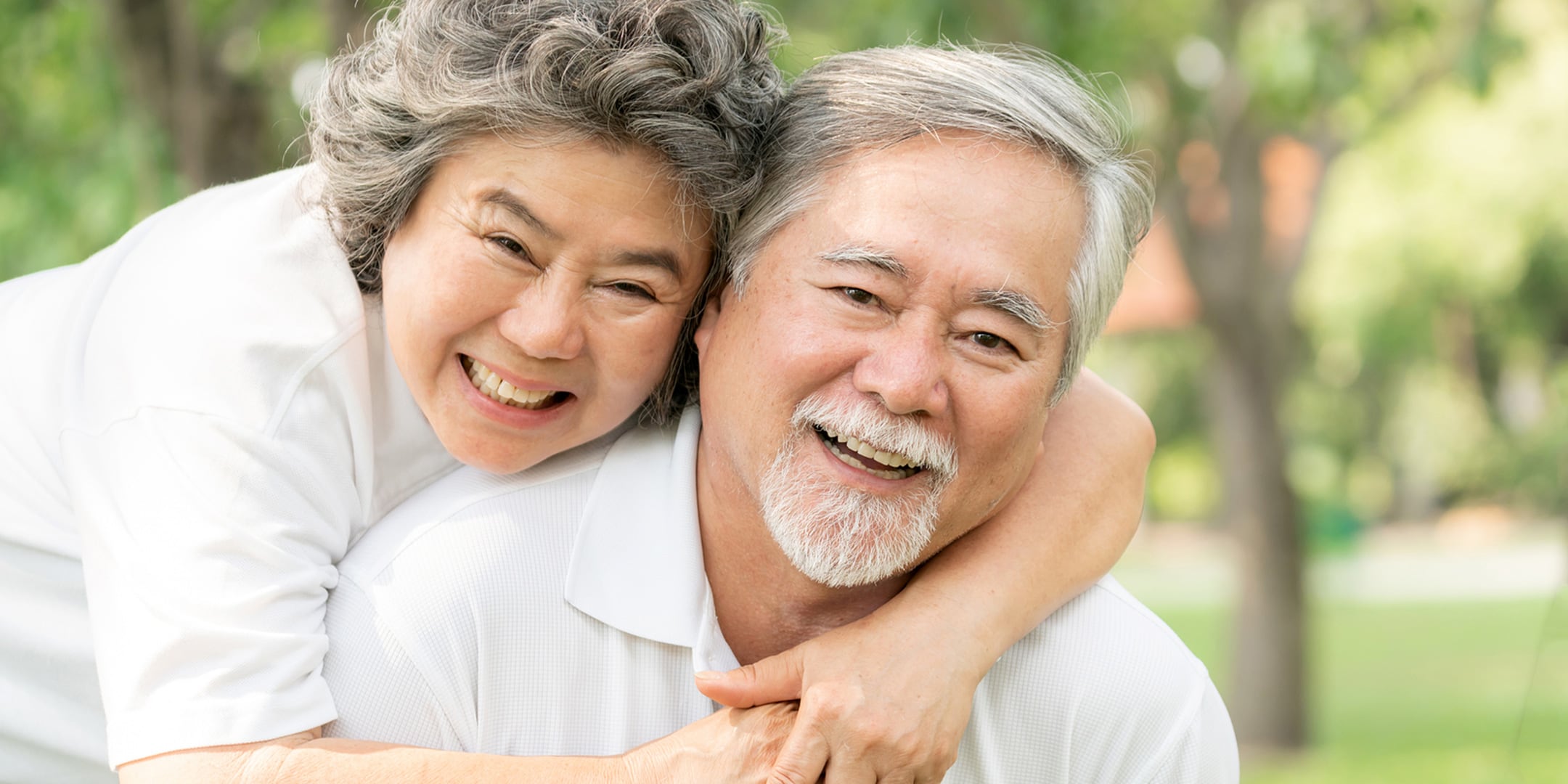
The Aging Process Signs, Effects, and What to Expect
The result: Older people tend to have less energy than in the past, even as they need more energy to perform everyday tasks. Hunger and thirst decline. People's senses of taste and smell.

What to Expect in Your 60s 10 Things You Might Want to Know About Aging
It's natural for your metabolism to slow around age 60. At the same time, you might not be as hungry as you used to be, especially if you can't taste your food very well. Around 20% to 30% of.

Skin Care and Aging What to Expect Shabby Chic Boho
The Good News: If you've been active all your life, your bones, joints and muscles can stay in pretty good shape during your 60s. The Not-So-Good News: Aging and inactivity can lead to achy joints because of the wearing down of cartilage, loss of lubricating joint fluid and weaker muscles. Some remedies: maintaining a normal weight and strength.
The Physiological Changes of Aging What to Expect and How to Promote
Aging is the decline in function resulting from the accumulation of cellular damage. [1] There is no single explanation for aging. Rather, aging is linked to changes in biological, physiological, environmental, psychological, behavioral, and social processes. Research continues to evolve on how these factors affect age-related chronic diseases.

Skin Aging What to Expect Skin by Design Dermatology & Laser Center, PA
But the aging process usually happens so slowly that this adaptation is constant and gradual. Because your family and friends grow older with you, you experience many of the changes together. When things start becoming more difficult, remaining physically active and drawing on your life experience and wisdom can help you to deal with a lot of.

Aging What to Expect and How to Prepare International Medical Aid
Normal aging can include physical changes such as thinning hair, loss of skin elasticity, and a decrease in muscle mass, as well as cognitive changes such as a decline in memory and processing speed. Despite these changes, most older adults remain healthy, active, and independent. However, it's important to note that aging can also increase.